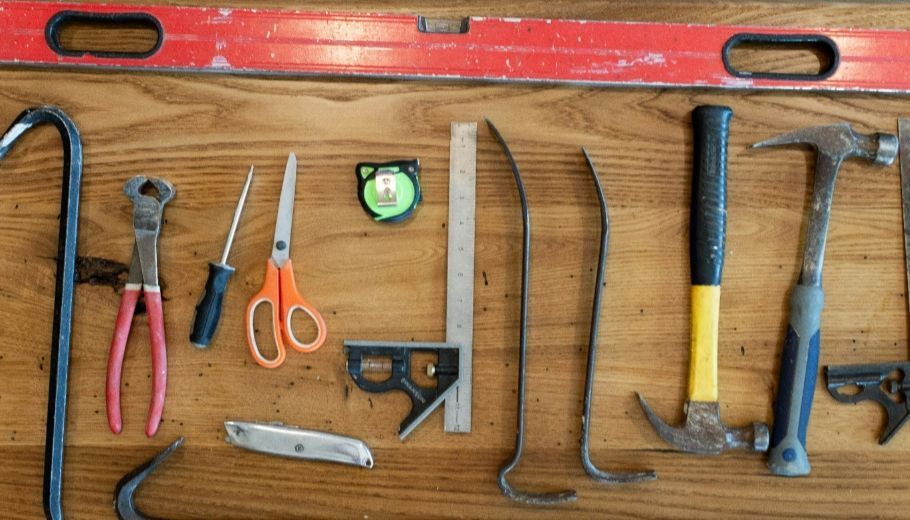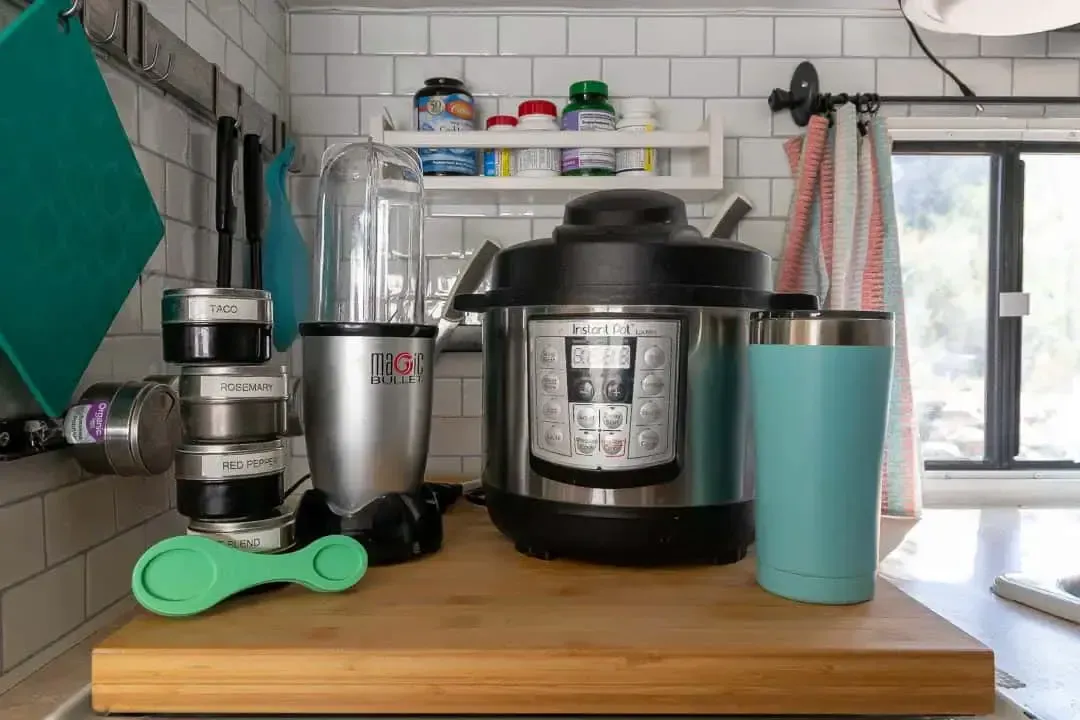Hybrid/Expandable Camper – Pros and Cons
Doug S • August 21, 2025
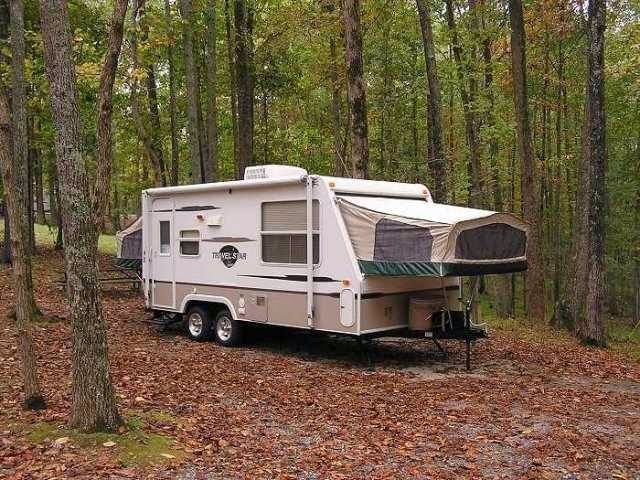
Lots of people end up looking at hybrid campers for a variety of reasons. Often times it is an individual coming from a pop-up who continues to want the canvas/tenting experience but wants the extra luxuries of a hard-sided trailer (bathroom, fridge that is at a natural height, etc.). Other times, it’s the prudent buyer who doesn’t want to exceed their towing vehicle, but still needs to sleep parents, kids and guests. The former group know what they’re in for with canvas; the latter group, not so much. The folks who are buying based on weight reasons many times find that they should have upgraded their tow vehicle instead of buying a camper that turns into a hassle.
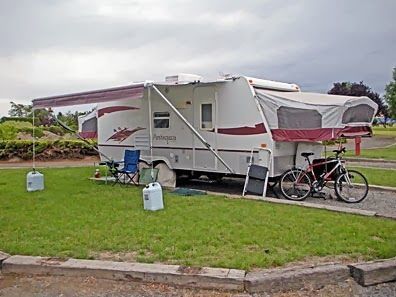
First and foremost, for most people- to own and enjoy your hybrid, you have to look forward to the idea of sleeping under canvas. It exposes you to nature and lets you hear things that you wouldn’t necessarily have heard in a hard-sided trailer. This is good and bad, of course- you could be hearing your neighbors generator or the folks who stayed up a little late and were a little louder than they thought. Many hybrid owners will sleep with their windows open to further enhance the “camping” feeling.
Pros
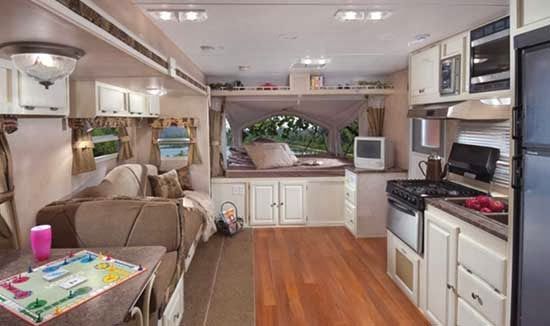
- You get a lot of living space in a relatively small package. Often times, you gain 6′-8′ of living space by the bunk ends folding down. Your sitting area, kitchen and bathroom can all be larger than a similarly sized travel trailer.
- Related to the small size is that you’re towing a smaller, lighter camper than an equivalent travel trailer. This lets you get by with a smaller tow vehicle. Possibly even re-purposing one that you already own.
- In relation to the smaller size, you often times get more dedicated sleeping space than a similarly sized travel trailer. Many hybrids offer 2 to 3 queen size beds without having to use the dinette or couch as a bed.
- Canvas. The canvas lets in light, air and lends itself to that “camping” feeling. It can be great to wake up or go to sleep to the sweet sweet sounds of wildlife in the woods.
Cons
- The bunks present an extra outside step when you’re setting up and tearing down. If you’re traveling on your way to a destination and are just stopping for a night- you could come to loath this step.
- You need to do extra “stuff” to prepare for cold or hot weather camping (like buying PopUp Gizmos, using reflectix, etc.). The bunk ends will always be a little warmer in hot weather and a little colder in cold weather than the rest of the camper.
- With our pop-up, the high humidity left everything damp feeling after a few days of camping in hot weather. In cold weather, you need to ensure that you’re leaving vents open or condensation can make you think you’ve sprung a leak.
- Canvas. If the canvas is put away wet, you have to open it when you get home to let it dry out. If it’s noisy out from annoying neighbors or simply a sardine-like park, you’re going to hear a whole lot more.
Hybrids are great and there are those that love them. I’m not against them, but they aren’t for me and my family. I am an RVer, not a camper.

